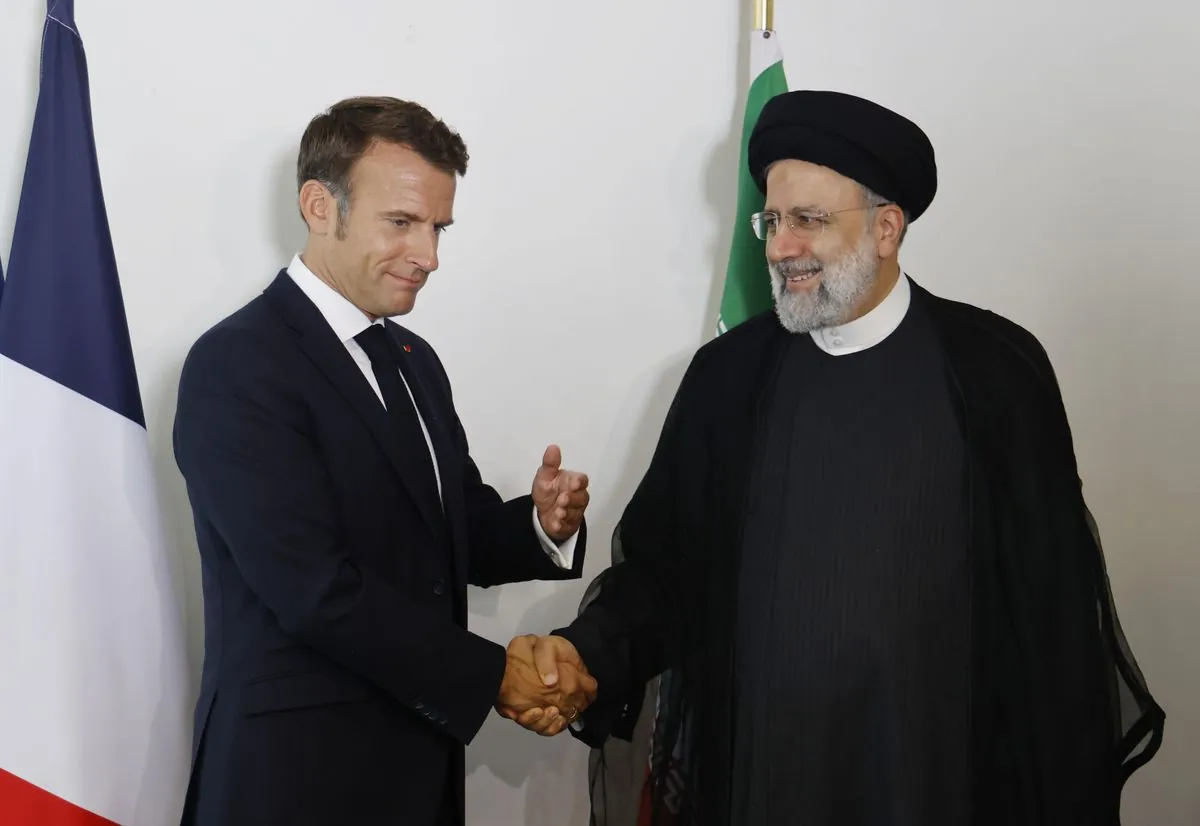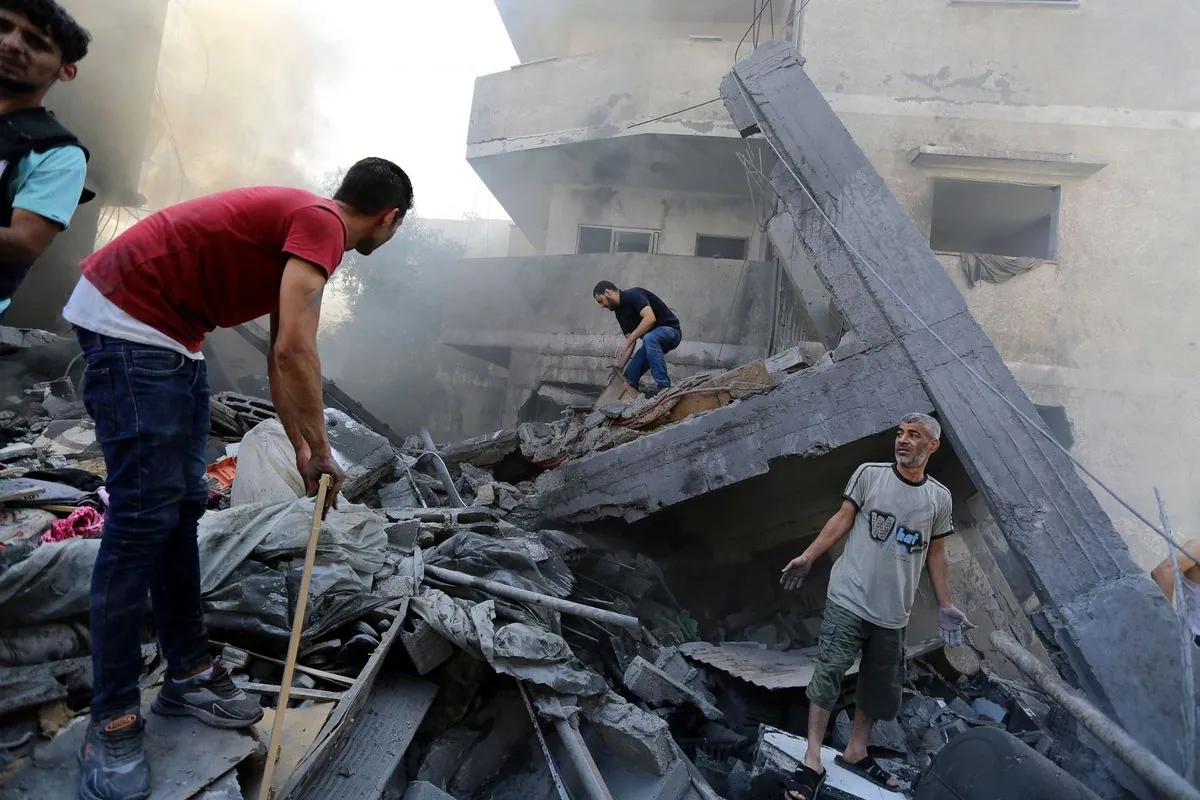Iran Warns France Amid Rising Tensions Over Hamas Leader's Death
Iranian President cautions France about regional aggression following Hamas leader's killing. Emergency OIC meeting called as concerns grow over potential escalation in Middle East conflict.

In a recent diplomatic exchange, Masoud Pezeshkian, the President of Iran, conveyed a stern message to his French counterpart, Emmanuel Macron. The communication, which took place on August 7, 2024, centered on Iran's stance regarding regional tensions and the ongoing conflict in Gaza.
Pezeshkian emphasized Iran's readiness to respond to perceived threats, stating, "Iran will never remain silent in the face of aggression against its interests and security." This declaration comes amid escalating concerns about potential regional conflict, particularly following the death of Ismail Haniyeh, the former leader of Hamas, in Tehran on July 31, 2024.
The Iranian President criticized Israel's actions in the Gaza war, which has been ongoing for approximately 10 months. He called upon the United States and Western nations to exert pressure on Israel to cease hostilities and agree to a ceasefire. Pezeshkian argued that such action is necessary to prevent further escalation of conflict in the region.

In response to Haniyeh's death, an emergency meeting of the Organisation of Islamic Cooperation (OIC) was convened in Saudi Arabia. The OIC, established in 1969, serves as a collective voice for the Muslim world. This gathering, requested by Iran, aimed to address the implications of the Hamas leader's killing.
Iran, along with aligned groups such as Hamas and Hezbollah, has accused Israel of being responsible for Haniyeh's death. However, Israeli officials have not claimed responsibility for the incident. It's worth noting that Haniyeh's demise is part of a series of fatalities among senior Hamas figures during the current conflict.
The situation in Gaza remains dire, with the strip experiencing one of the highest population densities globally. The ongoing war has led to a significant humanitarian crisis, prompting repeated calls from the United Nations for ceasefires.
This latest development occurs against a backdrop of long-standing tensions between Iran and Israel, which have persisted since the 1979 Iranian Revolution. The complex geopolitical landscape of the Middle East continues to evolve, with recent diplomatic shifts such as the restoration of relations between Saudi Arabia and Iran in 2023, and the signing of the Abraham Accords in 2020, which normalized relations between Israel and several Arab states.
As the international community watches closely, the potential for further escalation remains a significant concern. The outcome of the OIC meeting and subsequent diplomatic efforts may play a crucial role in shaping the region's immediate future.


































